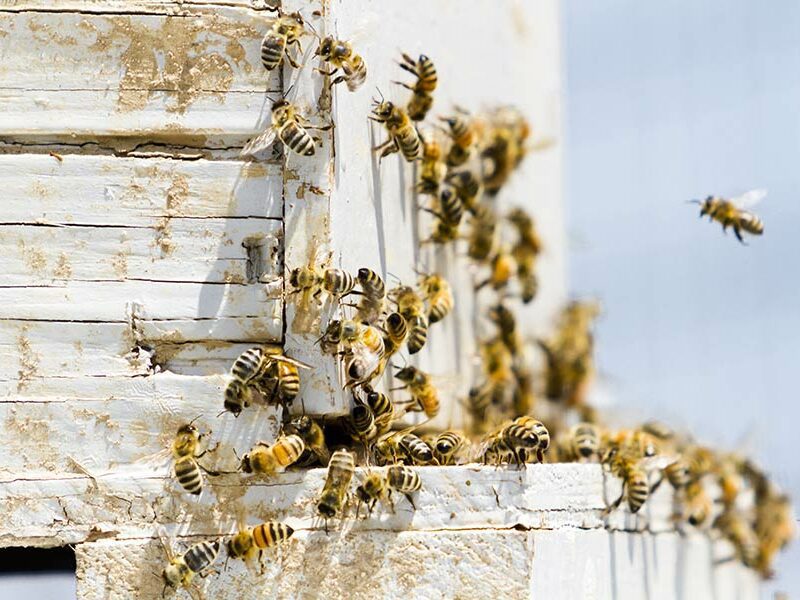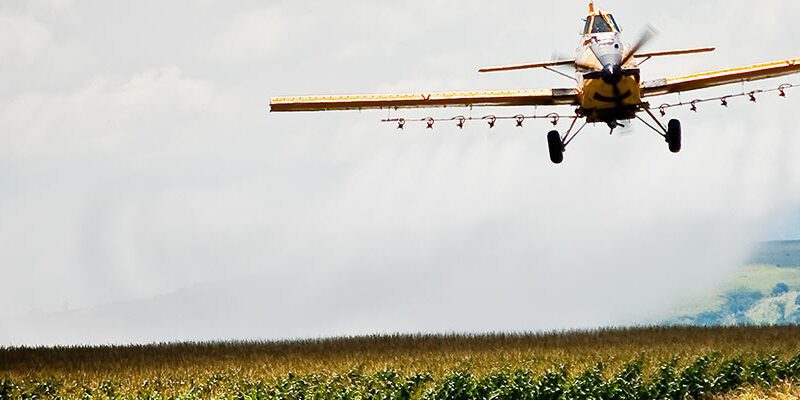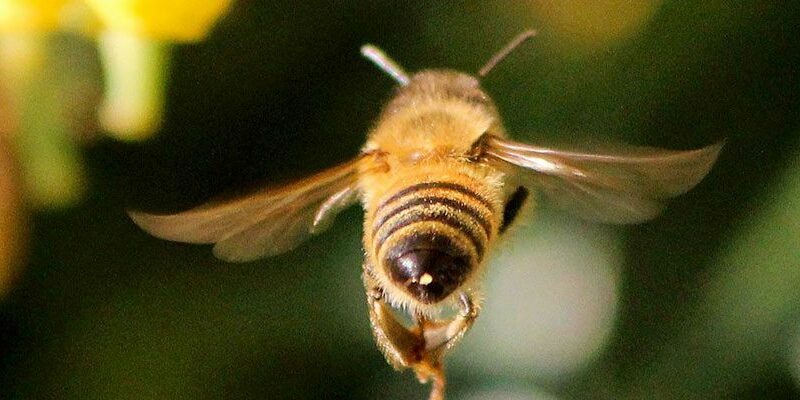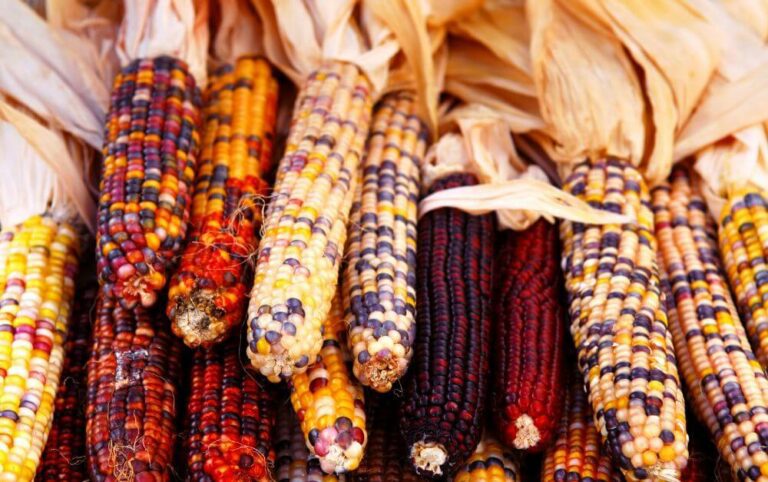On April 1, 2024, Mexico was set to follow through with its 2020 commitment to ban the toxic herbicide glyphosate (the active ingredient in Bayer’s Roundup in the USA and Faena in Mexico) by 2024. When the plan to phase out glyphosate and genetically engineered (GE) corn was originally laid out, Mexico’s government cited the purpose of the new policies as “contributing to food sovereignty and security” and the health of the Mexican people, as well as protecting native corn from contamination by GE pollen. Glyphosate is a pervasive herbicide frequently used on corn and other commodity crops, and genetically engineered corn is often modified to—among other things—be resistant to glyphosate.

News & Analysis
About every five years, the U.S. Congress passes the biggest set of food and farming policies that define the majority of federal farm, food, nutrition, and rural economic programs. At a cost of about $440 billion over five years, these programs influence: What is grown; who grows it; how it is grown or produced; what is done with those products and where they are sold; who can access and afford those goods; and how we invest in rural communities.
By supporting good legislation, opposing bad legislation, and building up a network of supporting organizations, it is our hope that we can collectively move the needle on farmworker rights in the right direction.
Watch and listen as two experienced farmers share stories and practical approaches for small-scale, diversified farms that use the principles of agroecology. This discussion may provide you with ideas that small farms where you live can adapt and thrive.
After many long days of negotiations, the U.N. Environment Programme (UNEP) made a historic move for safer food and farming by passing a resolution on highly hazardous pesticides (HHPs) that calls for action to globally phase out the use of the world’s most toxic pesticides by 2035. Tied with this resolution was the passing of a mandate for UNEP to implement this commitment by forming the Global Alliance on HHPs.
PFAS are persistent and have the potential to affect human health for many years. Some pesticides have PFAS in their formulations and others leach PFAS from their containers.

44 years later, pesticide-free soap
September 15, 2016
Well that took awhile. In early September, the Food and Drug Administration (FDA) released a list of products they will no longer allow in soaps. On that list was the pesticide triclosan — which was identified as a chemical of concern in 1972.

Way to bee, Minnesota!
September 1, 2016
Last Friday, a small crowd gathered in the agriculture building at the Minnesota State Fair. Beekeepers, entomologists, reporters, farmers and pollinator advocates circled around a small podium, waiting for Commissioner of Agriculture Dave Frederickson and Governor Mark Dayton to speak. The crowd wasn’t disappointed. In

DPR, it’s time to protect schoolkids
September 1, 2016
Protecting children from pesticides. What could be more straightforward than that? Science clearly shows that children — from the tiniest newborn all the way through high school — are much more vulnerable to the impacts of pesticide exposure than adults. And state data shows that

Iowa officials fast-track pesticide drift complaints
August 31, 2016
IDALS pledges faster turn around for crop damage testing This week, the Iowa Department of Agriculture and Land Stewardship (IDALS) revealed improvements to the agency’s response to pesticide drift incidents, when pesticides travel through the air after an application. This change is in response to

With new rules, Minnesota leads the country in protecting pollinators from pesticides
August 25, 2016
Due to state & federal loophole, bee-harming seed coatings unaffected by state’s decision St. Paul, MN — This morning at the State Fair, Governor Mark Dayton and Commissioner of Agriculture Dave Frederickson announced Minnesota’s comprehensive new plans to limit the use of bee-harming pesticides across








